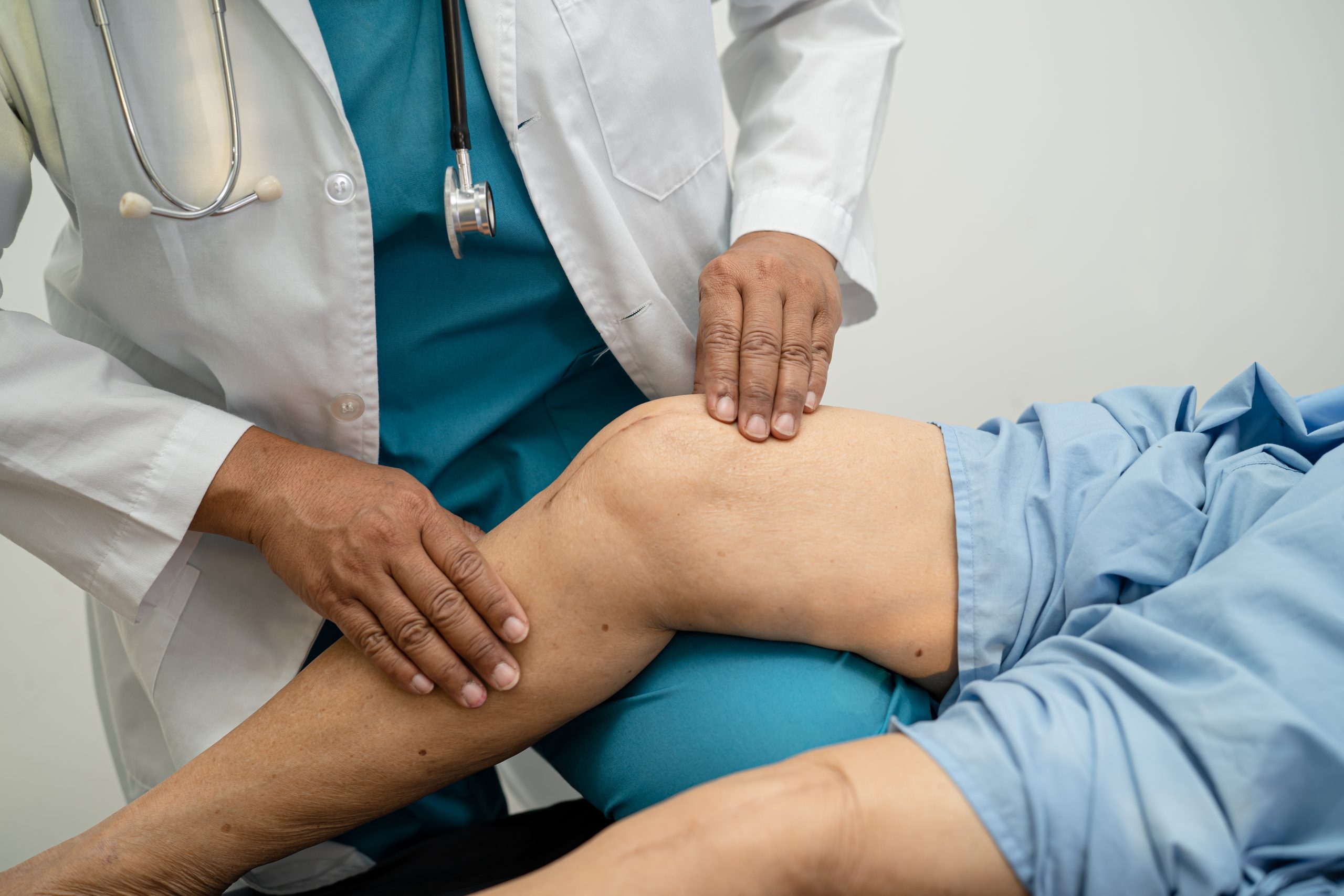

How to identify common signs of cartilage damage


Effective Ways to Restore Knee Cartilage Without Surgery




A tear in the inner cartilage of the knee, called the medial meniscus, can be very disruptive to the person suffering from the injury. You are likely to experience some form of discomfort and it could be preventing you from completing day-to-day tasks or leisure activities. At this point, it’s necessary that you do some research and consider your options. In this post, we offer medical insights in establishing if a medial meniscus tear can heal on its own.
How do I know if I have a meniscus tear? There are a number of symptoms which are likely to appear in the days and weeks following the event that caused the tear, regardless of if it’s in the medial or lateral meniscus. This includes:
Sometimes, these symptoms are difficult to detect or may not fully appear for a while. If you suspect you might have sustained a knee meniscus injury, the best way to be sure to speak to a healthcare professional. This will help identify the problem early and allow you to take the necessary steps for healing.


A meniscus can either be obtained (acute tear) or as a result of ongoing wear and tear (degenerative tears). In addition to these categorisations, meniscal tears can be differentiated by the shape and direction of the tear:
In short, yes. However, there is no guide for how long this will take, with the time being influenced by the type of tear, patient age, joint wear, and any underlying health conditions. Only minor tears to the medial meniscus can be fixed this way. A healthcare will advise you on the best course of action, along with an estimated recovery time. Physiotherapy is frequently recommended to help strengthen the body and prevent re-injury if you choose this route.
Blood flow is crucial to facilitating bodily healing. Unfortunately, the inner part of the knee gets a reduced supply of blood compared to the outer portion. This means the medial meniscus typically takes longer to heal naturally than the lateral meniscus.
When a medial meniscus tear is severe, an arthroscopy can be necessary to conduct cartilage removal or achieve meniscus repair. In judging whether a tear is bad enough to warrant surgery, you should consider the symptoms above, how the injury is impacting your life, and then speak to a medical professional. They will assess the nature of the tear during an initial consultation to determine which treatment option is best. This is usually done through both physical examination and magnetic resonance imaging (MRI).
During high impact events, additional damage can be sustained to the surrounding tissue in the knee. This can prevent the medial meniscus from healing on its own through a reduction in blood flow to the medial compartment of the knee. However, as we’ve discussed, repairing a tear without knee meniscus surgery can take a long time.
The team at London Cartilage Clinic contains individuals from multiple disciplines to ensure our joint cartilage repair and replacement services are of the highest standard. This includes orthopaedics experts, medical engineers, doctors, and skilled surgeons. We’re proud to be spear-heading this is pioneering area of treatment that can restore quality of life. Our specialists provide long-term results to people of all ages. Contact us to speak to a friendly consultant. We’re happy to discuss your situation as it helps us gain an understanding of you as a person and what route forward we need to take.